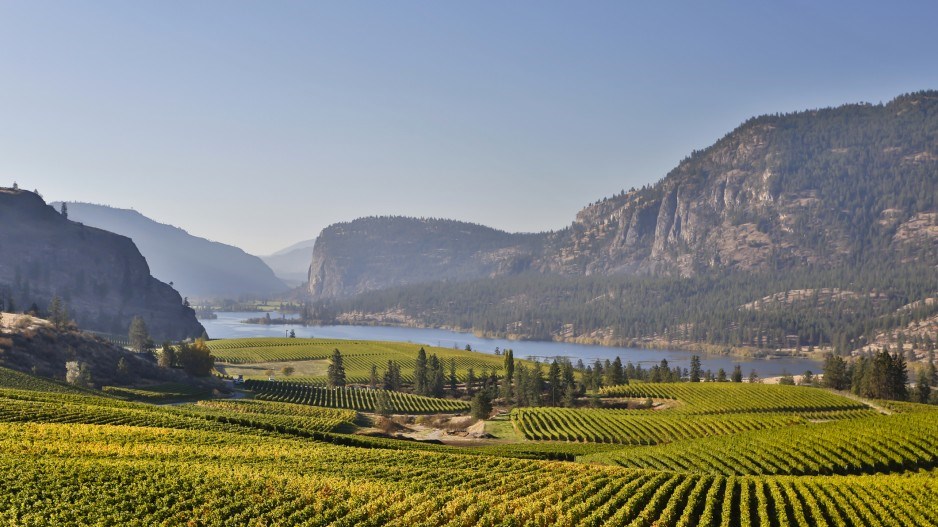The Thompson Okanagan Tourism Association (TOTA) is appealing to the media and the public to be thoughtful about the language used to talk about forest fires and heat in our region and throughout –°¿∂ ”∆µ
Let’s be clear: Public safety is always first and foremost and we will continue to do our part to amplify evacuation orders and alerts relating to climate emergencies—including forest fires and significant heat events.
At the same time, our tourism operators have the exciting and enviable task of showcasing every corner of our spectacular province to visitors, so it’s always in our best interest to ensure it’s protected and cared for. More than most industries, we recognize the impact of the changing climate on our region and province and the need to raise public awareness about keeping it safe and protected. However, we are concerned about the growing narrative that references summer as “wildfire season,” the consistent description of weather and heat as extreme and severe, and the trend to catastrophize every new update.
Such language, without context or nuance, paints the summer season with an alarmist brush, regardless of the situation on the ground. It has a huge and irreparable impact on all sectors of the tourism industry, which is a key economic driver in British Columbia. In the Thompson Okanagan alone, which has just over 750,000 residents, we welcome 3.9 million visitors annually and from that generate more than $3.37 billion in revenue and 40,000 jobs. Tourism is a driving force in our regional economy.
We know that all aspects of the economy can be negatively impacted as a result of forest fires, but we have learned the hard way that tourism businesses, of all sizes and types, can be dramatically affected when –°¿∂ ”∆µ forest fires are misrepresented in the media.
At 944,736 square kilometres in size, –°¿∂ ”∆µ is an enormous province, with a coastline stretching 25,725 kilometres. This summer, some of these areas experienced forest fires—but the vast majority did not. When misinformation circulates or headlines are sensationalized, entire regions and destinations are assumed unsafe for travel by potential visitors, leading to abandoned travel plans and cancelled visits.
Worst of all, when summer is casually referred to as “wildfire season,” we treat forest fires as inevitable, and negate the onus on humans to mitigate our impact and take more care and responsibility when enjoying this beautiful place.
Human-caused wildfires are responsible for at least 40 per cent of forest fires in our province. These include fires caused by open burning, vehicle use, industrial activity, fireworks, outdoor flame, cigarettes and arson and they are fully preventable. For the remaining 60 per cent, high temperatures, dry conditions and lightning all contribute, but human intervention—including fuel management and prescribed burning—can go a long way to reduce the risk and severity of naturally caused fires.
Over the past year, –°¿∂ ”∆µ’s Ministry of Emergency Management and Climate Readiness, the Ministry of Forests and the Ministry of Tourism, Arts, Culture, and Sport have worked tirelessly to prepare for climate events which can, and will, take place in this province. They have worked on mitigation initiatives, ensured that personnel are well-trained and well-equipped, provided organizations with the necessary resources, and fostered strong communication and a united front across all sectors. British Columbia has never been more prepared, and the way we have managed the crisis so far has been exemplary.
The challenges we face as a result of climate change are upon us and they are real. Let’s be mindful of the language we use and let’s collectively focus on the underlying issues, human accountability and what we can do to adapt and mitigate risk so that residents and visitors alike can enjoy the wealth of summer travel experiences offered throughout all of British Columbia.
Ellen Walker-Matthews is CEO of the Thompson Okanagan Tourism Association, a not-for-profit society that represents a geographic area in –°¿∂ ”∆µ’s Southern Interior.




